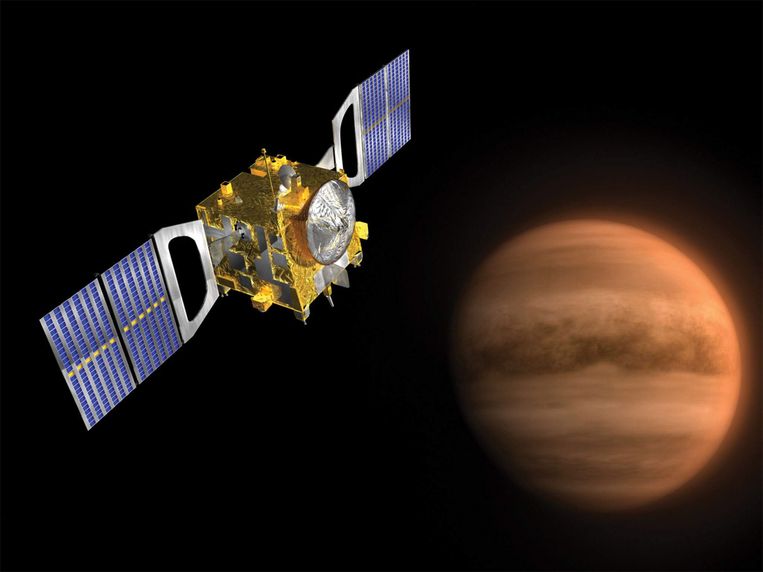The new mission builds on the successful Venus Express probe, which explored Venus between 2005 and 2014. The launch of EnVision has already been announced in mid-2021. The official start signal issued on Thursday means that the study phase has been completed and the mission can be prepared.
Venus is very similar in size and scale to our Earth, which is why it is sometimes called our “twin.” However, on the surface of Venus the temperature is measured at 464 degrees Celsius, and the air pressure is 92 times greater than the pressure on Earth.
So EnVision will try to determine how Venus got to such a climate. The mission will collect data on the structure and thickness of the planet's core, mantle and crust. The weather and climate on Venus will also be studied, and an attempt will be made to answer questions about whether there were oceans at all and how the greenhouse effect emerged. This would ensure improved public knowledge about our twin planet.
The mission is scheduled to launch in 2031, from the European Space Agency's base in French Guiana. It will take the satellite 15 months to reach Venus, and another 15 months to penetrate the atmosphere and reach scientific orbit. The research itself will last 4 years.

“Lifelong entrepreneur. Total writer. Internet ninja. Analyst. Friendly music enthusiast.”











More Stories
Monster Jam Showdown Launch Trailer
The European Digital Twin Ocean prototype reveals many possibilities
Instagram now lets you add a song to your account